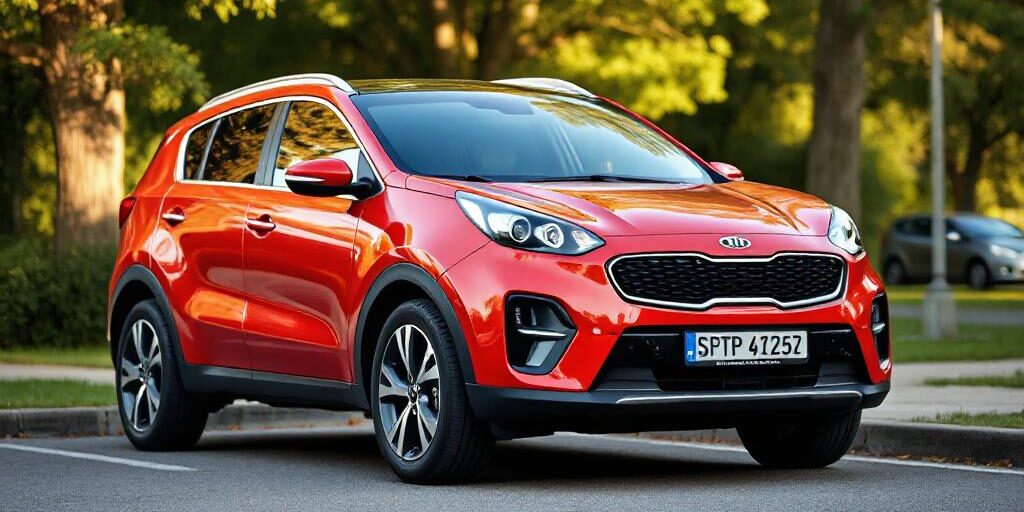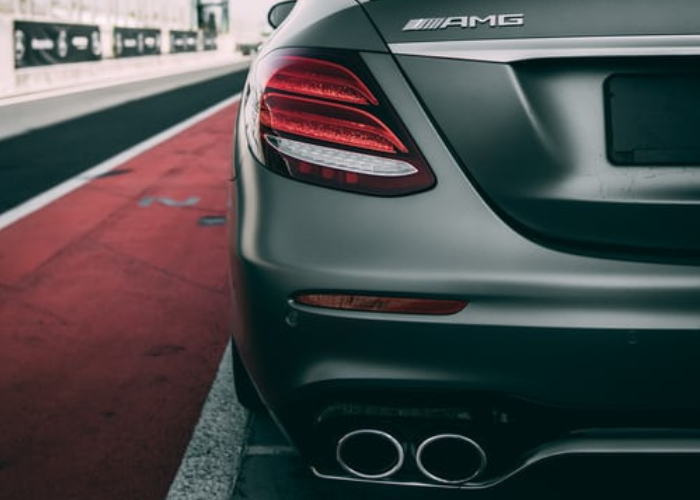Comprehensive Guide to Common Issues in Kia Sportage Models: What You Need to Know
The Kia Sportage is celebrated for its blend of style, functionality, and reliability, making it a favorite among SUV enthusiasts. In any case, no vehicle is without its characteristics, and the Sportage is no exemption. From ignition challenges to engine troubles, understanding these common problems can empower owners to address issues proactively and keep their vehicles running smoothly.
Key and Ignition Challenges: A Recurring Theme Across Models
A surprisingly common issue reported by Kia Sportage owners involves the ignition system and electronic key fobs. Drivers from various model years (2011–2021) have experienced difficulties starting their vehicles, often due to a failure of the vehicle to recognize the key fob. In some cases, the ignition mechanism itself may become unresponsive.
This issue can originate from a few variables, for example,
- Weak or depleted key fob batteries.
- Signal interference preventing proper communication between the key and vehicle.
- Faulty electronic components within the ignition system.
The need for Kia key replacement or reprogramming is a frequent solution for these problems. While replacing key fob batteries is a straightforward task, more complex issues may require professional assistance from a locksmith or dealership to ensure proper functionality.
Pro Tip:
To avoid being stranded, always carry a spare key and ensure both are tested regularly to detect any early signs of malfunction.
Engine Performance: Challenges in Older Models (2011–2015)
Engine-related issues are among the most severe and costly problems affecting older Kia Sportage models, particularly those manufactured between 2011 and 2015. Excessive oil consumption is a notable complaint, often leading to engine knocking, reduced performance, and in extreme cases, total engine failure. The root cause is usually linked to worn piston rings or clogged oil passages.
How to Address This Issue:
- Regularly monitor oil levels and adhere to the manufacturer’s maintenance schedule.
- If symptoms persist, seek immediate diagnostics to prevent long-term damage.
Transmission Troubles: Automatic Systems Under Scrutiny (2017–2021)
Transmission issues have been a recurring concern in newer Sportage models, particularly those equipped with automatic systems. Complaints range from delayed shifting and rough gear transitions to complete transmission failures. These issues can altogether affect the vehicle’s drivability and generally speaking execution.
Recommended Actions:
- Ensure timely transmission fluid replacements to avoid wear and tear.
- Persistent problems may require a complete transmission system repair or replacement, often covered under warranty.
Electrical Glitches: Infotainment and Sensors (2016–2020)
The advanced technology in modern Kia Sportage models is a major selling point, but it’s not immune to faults. Owners of 2016–2020 models have reported issues such as malfunctioning infotainment systems, erratic sensor warnings, and faulty backup cameras. These problems, while not critical, can impact the convenience and safety of the driving experience.
- Update the infotainment system’s software to resolve minor glitches.
- Replace defective sensors or cameras if issues persist.
Suspension Wear and Tear (2011–2018)
Older Kia Sportage models have been known to develop suspension-related issues over time. Symptoms include clunking noises, uneven tire wear, and a noticeable decline in ride quality. These problems are often caused by worn bushings, struts, or ball joints.
Preventive Measures:
- Regularly inspect suspension components during routine maintenance.
- Promptly replace any worn parts to maintain ride comfort and safety.
Air Conditioning Problems: Cooling System Failures (2015-2020)
Air conditioning systems in Kia Sportage models manufactured between 2015 and 2020 have been reported to fail prematurely. Common issues include weak airflow, inconsistent cooling, and total system breakdowns. The primary culprits are often refrigerant leaks or faulty compressors.
How to Fix It:
- Conduct periodic checks for refrigerant levels and leaks.
- Replace the compressor if it fails to restore proper cooling.
Fuel Economy Concerns in Newer Models (2020–Present)
Despite technological advancements, some owners of the latest Kia Sportage models have expressed dissatisfaction with fuel efficiency. While not a mechanical defect, it’s worth noting that improper maintenance or driving habits can exacerbate this issue.
Optimization Tips:
- Replace air filters and clean fuel injectors to maximize efficiency.
- Adopt eco-friendly driving techniques to reduce fuel consumption.
Closing Thoughts
The Kia Sportage offers a versatile and enjoyable driving experience, but being informed about potential pitfalls can save owners time, money, and frustration. Whether it’s addressing ignition issues like the need for a Kia key replacement, monitoring engine health, or ensuring electrical systems are functioning correctly, proactive care is key to a hassle-free ownership experience.
Investing in regular maintenance and addressing issues as they arise will not only prolong the life of your vehicle but also ensure it continues to perform at its best for years to come.







